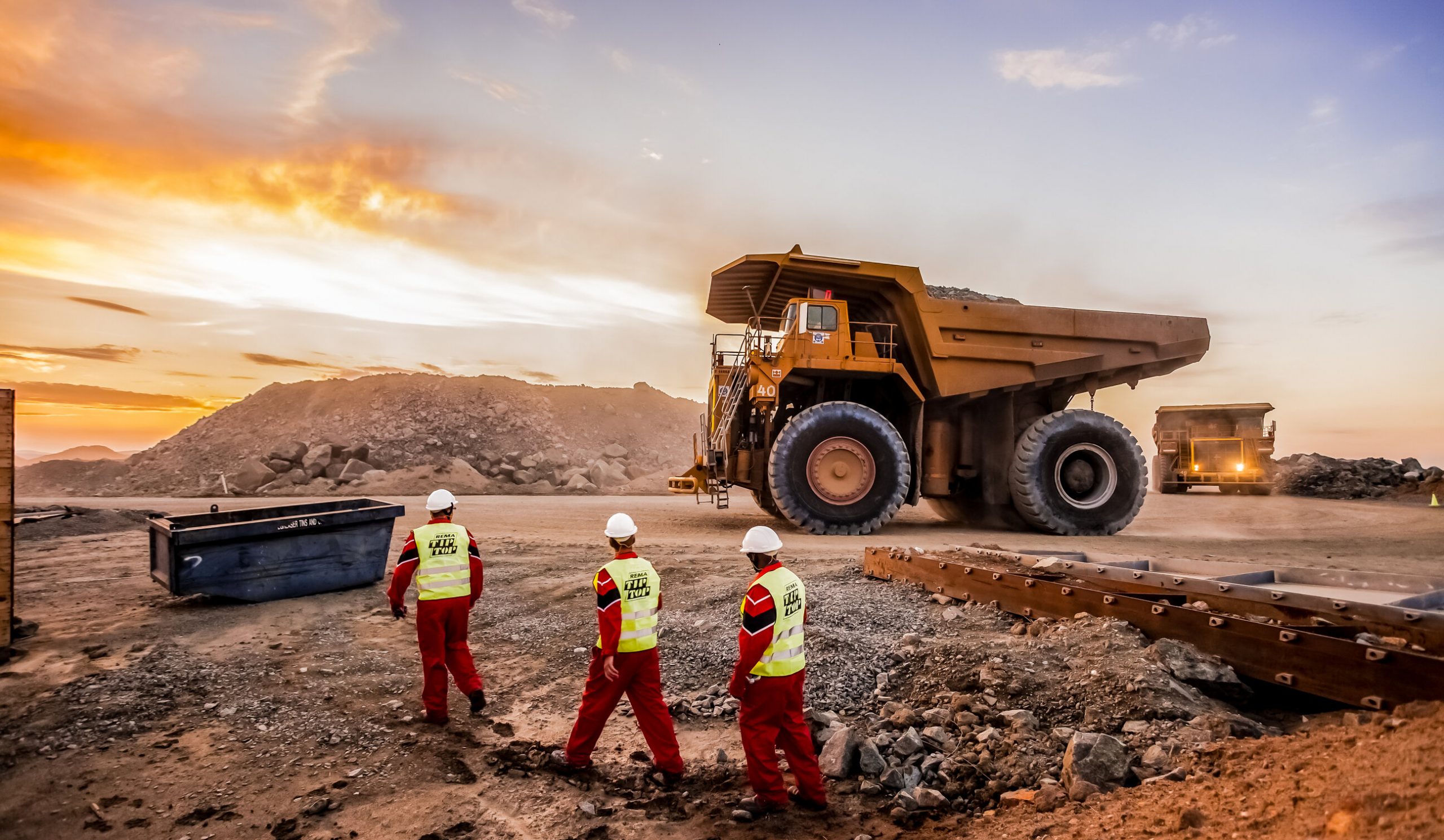The Amira Africa Board has met to identify pathways to deliver transformational research and development and innovation in the region.
Key themes emerged at the global meeting on Monday, with geoscience, mineral processing, tailings, and decarbonization identified as priorities.
The Board is working with Amira Global staff in Africa, Australia and LATAM to build a globally integrated and domestically relevant portfolio of research and development to support and deliver new data, knowledge, technology and capability to address our industry’s great challenges.
Amira Global CEO Dr Jacqui Coombes said the West African Exploration Initiative (WAXI) was just one of the areas of interest.
“The Amira Africa Board is focused on supporting and strengthening ESG imperatives,” Dr Coombes said.
“This includes developing and improving opportunities to educate a new generation of industry leaders, operators, and researchers.
“WAXI is one of the projects the African Board is particularly interested in building as it has demonstrated immense benefits both to sponsors and communities in the region.
“Since its inception, WAXI has supported 97 postdoctoral positions, PhD and Masters. Half of these are in country, and we are seeing graduates come back to lead in this project.
“It has also had a staggering 1800 person-days of technical training across 12 countries in West Africa.
“This initiative is entering its fourth stage and offers an extraordinary opportunity for the mining community to improve their knowledge about exploration opportunities in the region as well as contribute to a talent pipeline that will lead us into the future.”
Tailings management and the development of associated domestic capability and technology to support the tailings challenges in Africa and abroad was identified as a priority area.
“Tailings is a global mega challenge requiring a holistic approach; this is too great for just one company or individual to solve,” Dr Coombes said.
“Amira is developing a strategic, holistic program to help industry with this challenge. Entitled the Amira Collaboration on Tailings (ACT), the program is designed to deliver and implement research and development and innovation that will enable sponsors to reach their zero-harm and zero-waste targets.
“One of the projects in ACT is P1288. The project, Preventing tailings dam failures: Predicting liquefaction risk at different ages and states through physical modelling, experimental analysis, field testing and real-time data collection, is open for expressions of interest from sponsors.
“The P1288 research program has evolved to incorporate domestic and regional capability with current interested sponsors supporting locally based students and researchers, as well as the development of supporting infrastructure such as laboratories and domestic university educations programs.
“This strengthens the ability of projects to enable future leadership and talent development well beyond the project. A similar approach is being fostered with our members in LATAM and North America to ensure a strong supported network of capability building across the globe. We applaud the lead researcher for their foresight, leadership, and long term vision in this process.
“We are looking forward to its delivery. Additional information is available from Amira Global Manager Collaborations Bev Kubat at bev.kubat@amira.global.”

